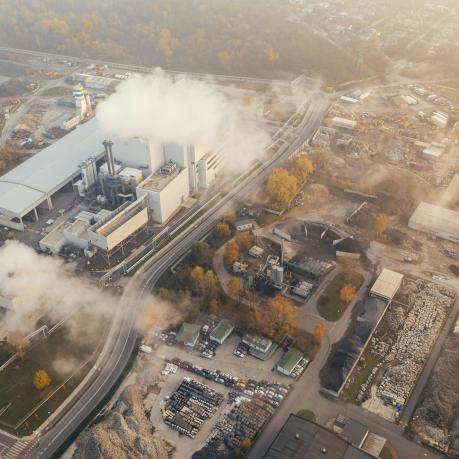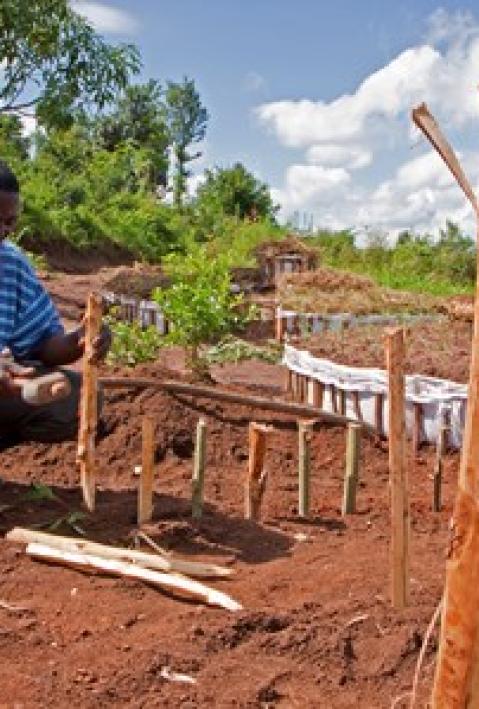
Ambitious goals for emissions trading - ICAP Status Report 2024
News publ. 10. Apr 2024
News publ. 28. Apr 2019

What significance do small enterprises have for climate adaptation? At the SEED South Africa Symposium SEED, together with local partner TIPS and many participants, developed factors for success, specified practical approaches, and conveyed required competencies.
Many governments in developing countries are exploring the transition to a low-carbon and environmentally-sustainable economy. Therefore, many start by developing their local eco-inclusive businesses. In particular, small businesses in developing countries are well-suited to seize opportunities of transformative change. With a local, participatory and agile approach to doing business, these businesses have the potential for quality and cost-competitive solutions in an un(der)developed adaptation market.
However, the potential for adaptation-driven needs of small business, in terms of investments and mechanisms to generate socio-economic opportunities, remains largely unexplored due to a focus on mitigation. Additionally, seizing the emerging opportunities requires ecosystem actors and policy makers stimulating demand for adaptation-related solutions and supporting the entrepreneurs active in this space.
The occasion of the SEED symposium on climate-smart and socially inclusive enterprises in South Africa on 4th April 2019 focused on how these challenges can be addressed. How can the inclusion of the private sector in climate adaptation be optimised? What role can small business play realistically? SEED and the local partner Trade & Industrial Policy Strategies (TIPS) posed these key questions to the participants of an interactive workshop session. Using SEED’s policy prototyping methodology, participants mapped out how sustainable and inclusive economies can be leveraged to innovate products and services for effective climate change adaptation. Moreover, participants determined how these economies can be supported more effectively.
During the symposium, several key factors to the success of these models in the private sector were identified, which actors can and should focus on to move the space forward:
• capacity building for adaptation businesses
• peer to peer and community to community learning
• local champions promoting adaptation
• policy and financial support and market building
• integrating small businesses into supply chains
• the pricing of environmental costs into business models.
The session marked TIPS’ research report on climate change adaptation solutions and ecosystem gaps, which was launched recently. The study includes key input from SEED, as well as six case studies on South African-based entrepreneurs who are actively working on adaptation to climate change.
Interested in SEED-supported enterprises who are actively providing climate change adaptation and mitigation solutions? The 2018 winners of the Low Carbon Awards, presented at the 2019 Symposium, can be found here.
SEED, founded in 2002, is a global partnership for action on sustainable development and the green economy. SEED believes entrepreneurship is key in driving sustainable development. Its enterprise support programmes in Asia and Africa support small and growing enterprises with business and capacity-building support. Its ecosystem programmes focus on policy, financing and collaboration instruments that multiply the social, environmental and economic impacts of entrepreneurship. In the framework of hosting SEED, adelphi implements the project financed by the International Climate Initiative (ICI) of the German Federal Ministry for the Environment, Nature Conservation, Building and Nuclear Safety (BMUB).
Contact: wolters adelphi [dot] de (Linde Wolters)
adelphi [dot] de (Linde Wolters)